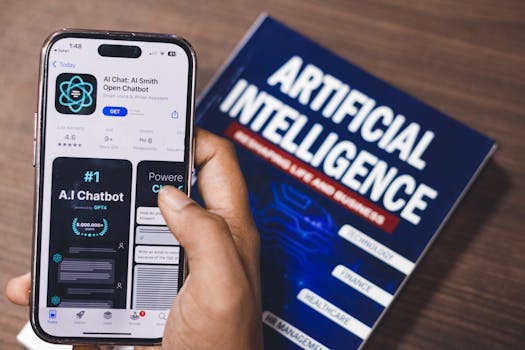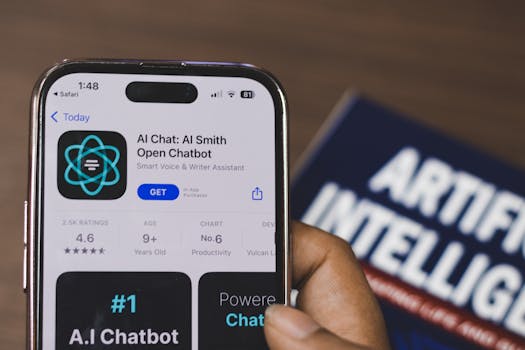
Emerging Trends in Artificial Intelligence and Machine Learning: What to Expect in 2023
Takeaways: In 2023, artificial intelligence (AI) and machine learning (ML) are witnessing significant advancements that are transforming industries and redefining the way we interact with technology. Key trends include the rise of generative AI, increased automation in workflows, ethical AI considerations, and the integration of AI with the Internet of Things (IoT). Understanding these trends is essential for businesses and individuals looking to stay ahead in a rapidly evolving technological landscape.
Artificial intelligence and machine learning have become integral parts of our daily lives, influencing everything from how we shop to how we work. As we dive into 2023, several emerging trends are shaping the future of AI and ML. This article will explore these trends, providing insights into how they are influencing industries and what we can expect in the near future.
The Rise of Generative AI

In 2023, we are seeing more businesses adopt generative AI for various applications, including content creation, design, and even code generation. For instance, marketing teams use AI to generate personalized content for campaigns, while software developers leverage AI tools to write and debug code efficiently.
Moreover, generative AI is not just limited to creative fields. In healthcare, it is being used to generate synthetic data for training models, helping to overcome privacy issues associated with real patient data. The implications of generative AI are vast, and as technology continues to advance, we can expect even more innovative applications to emerge.
Increased Automation in Workflows

In 2023, we are witnessing a surge in the adoption of AI-driven automation tools. These tools not only help in saving time but also enhance accuracy by reducing human error. For example, AI algorithms can analyze vast amounts of data to identify patterns and make predictions, allowing companies to make informed decisions faster.
Additionally, automation is enhancing collaboration within teams. AI can assist in project management by optimizing schedules, tracking progress, and even predicting potential roadblocks. As more organizations embrace automation, the focus will shift towards integrating AI into existing workflows, ensuring seamless collaboration between human workers and machines.
Ethical AI Considerations

Companies are now prioritizing the development of ethical guidelines and frameworks to ensure that their AI systems are designed and implemented responsibly. This includes conducting audits for bias in algorithms, ensuring diverse data representation, and establishing protocols for data privacy and security.
Moreover, regulatory bodies are beginning to implement guidelines for the ethical use of AI. Businesses must stay informed about these regulations and adapt their practices accordingly. By prioritizing ethical AI, organizations can build trust with their customers and stakeholders, ultimately leading to a more sustainable and responsible use of technology.
Integration of AI with the Internet of Things (IoT)

In sectors such as manufacturing, healthcare, and smart cities, the combination of AI and IoT is transforming operations. For instance, predictive maintenance powered by AI can analyze data from IoT sensors to anticipate equipment failures before they occur, saving companies time and money.
Furthermore, smart home devices are leveraging AI to provide personalized experiences for users. From voice-activated assistants to smart thermostats, AI is improving the functionality and user-friendliness of IoT devices. As this integration continues to evolve, we can expect to see even more innovative applications that enhance our daily lives.
In conclusion, the trends in artificial intelligence and machine learning for 2023 indicate a rapidly evolving landscape. From generative AI and automation to ethical considerations and IoT integration, these developments are shaping the future of technology and its impact on society.






